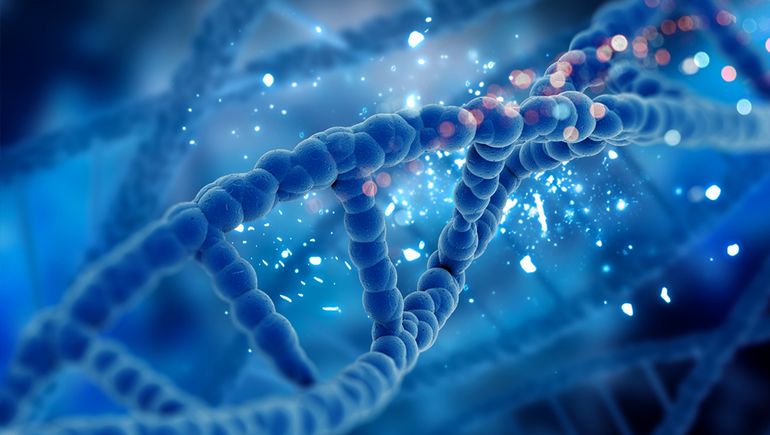Dive Brief:
- Direct-to-consumer genetic testing has limited utility for identifying patients at risk of hereditary breast or ovarian cancer, according to a study published in JCO Precision Oncology.
- The retrospective study, whose authors include researchers at genetic testing company Invitae, looked at the proportion of mutations in BRCA1/2 that are covered by 23andMe’s consumer genetic test. Compared to full sequencing, the approach missed more than 90% of pathogenic or likely pathogenic variants in the general population, according to the study, reflecting a known limitation of the 23andMe test.
- A 23andMe executive said the company has increased access to important BRCA1/BRCA2 genetic information for many individuals who are likely missed by current testing criteria. “We are very clear with customers that our BRCA1/BRCA2 (Selected Variants) report only includes specific variants, and we have demonstrated in studies submitted to the FDA that customers understand their reports,” Noura Abul-Husn, vice president of genomic health at 23andMe, told MedTech Dive in an email.
Dive Insight:
In 2018, 23andMe received U.S. Food and Drug Administration authorization for a test that reports three mutations in the BRCA breast cancer gene. The FDA referred to the limitations of the test at the top of its statement about the authorization, noting that the “test only reports 3 out of more than 1,000 known BRCA mutations and [a] negative result doesn’t rule out increased cancer risk.”
The 23andMe test covers three specific BRCA1/2 breast cancer gene mutations that are most common in people of Ashkenazi Jewish descent. As the FDA stated at the time of the authorization, the targeted mutations are not the most common in the general population.
To understand the impact of the limitations of the genetic test, Invitae, a competitor of 23andMe, and its collaborators compared the results of a test of the three mutations to full sequence analysis. Invitae ran the tests. The study found that the three-mutation approach misses more than 90% of actionable cancer risk genes in people not of Ashkenazi Jewish descent and delivers a “substantial” rate of false positives in that group.
“It is not accurate in assessing non-AJ founder mutations and mutations in other cancer predisposition genes,” the authors wrote. “Patients who receive these results could be subjected to unnecessary anxiety, screening procedures and even prophylactic surgeries by relying on these data without independent clinical confirmatory testing.”
Abul-Husn said23andMe has demonstrated over 99% accuracy and reproducibility for the variants it tests for in its genetic health reports, including the BRCA1/BRCA2 report, and noted the study found the calling of founder variants in the 23andMe BRCA1/BRCA2 report to be highly accurate.
The company, Abul-Husn said, is “proud to be the first and only company with FDA authorization to provide highly accurate and meaningful genetic information on cancer risk directly to consumers.”
The publication of the paper comes four years after Invitae presented the findings of another study that called the accuracy of 23andMe’s tests into question. The potential to miss BRCA1/2 mutations in people not of Ashkenazi Jewish descent was a focus of both studies.

